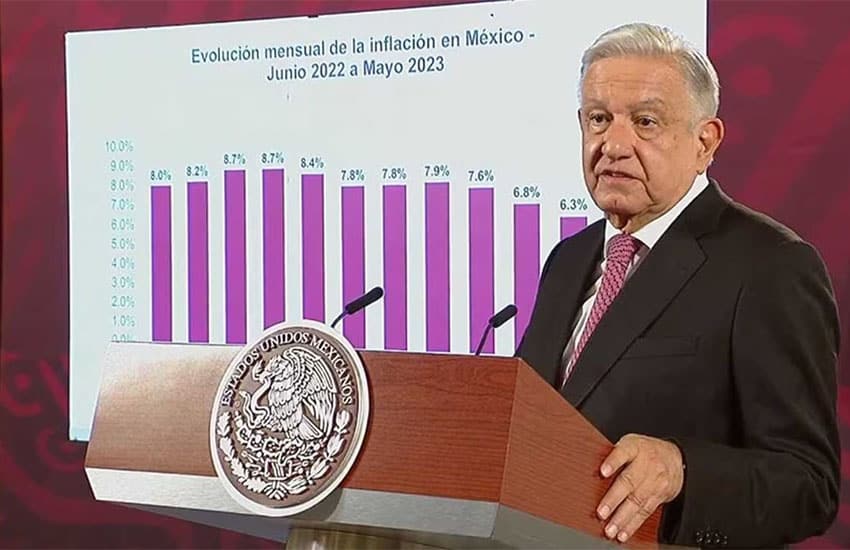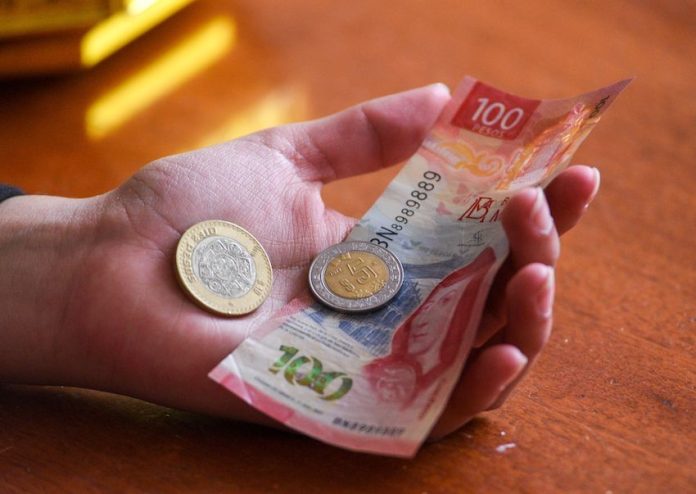Mexico’s minimum wage increased by 43.6% in real terms between December 2020 and May 2023, the highest increase among Organization for Economic Cooperation and Development (OECD) member countries during that period.
In its ‘Employment Outlook 2023’ report, the OECD said that Mexico’s minimum-wage hike contrasts with a 2% average increase among OECD countries, and a 14% decline in the United States.

“[This] reflects Mexico’s commitment to addressing the loss of purchasing power suffered from the 1970s to 2021 by workers who received the minimum wage,” the report said.
The OECD credited the improvement to President López Obrador’s implementation of a regulatory framework that requires an annual review of the minimum wage.
Raising the minimum wage by 15.6% per year has been a key policy commitment of the López Obrador administration. It was just 88 pesos per day when he took office in 2018 and is now up to 207.44 pesos (US $11.99) outside the higher-paid northern border states.
AMLO has said he wants the minimum wage to reach 260 pesos per day (US $15.03) by the time he leaves office in 2024, despite some economists’ fears that the increases may fuel inflation.

The Mexican Institute of Social Security (IMSS) reported last week that the average salary of its members leaped 11.2% between June 2022 and June 2023, largely driven by the minimum-wage hikes. Taking into account 5.2% inflation across that period, the real-terms increase was 5.8%, the highest in 21 years.
However, the OECD’s report highlights that Mexico’s lowest-paid workers are the only group who have seen an increase in real wages between the outbreak of the COVID-19 pandemic and the end of 2022.
Average hourly pay for all workers in Mexico has, in fact, fallen by 0.3% across this period as wage differentials between workers with different levels of education have narrowed. However, the reduction is lower than the OECD average of 2.2%.
The report also highlights improvements in Mexico’s labor laws, including the introduction of a justice system to resolve labor disputes.

“In Mexico, in 2022, the lowest number of labor conflicts was reported compared to the 2010–2019 average,” the report states.
Mexican workers have also seen a sharp increase in their mandatory annual paid vacations, which was raised this year from six days — the lowest in the OECD — to 12 days for the first year of employment, with an additional two days for each year in the job.
“This progress contributes to improving working conditions in line with OECD labor quality standards,” the report says.
With reports from El Economista and Forbes
